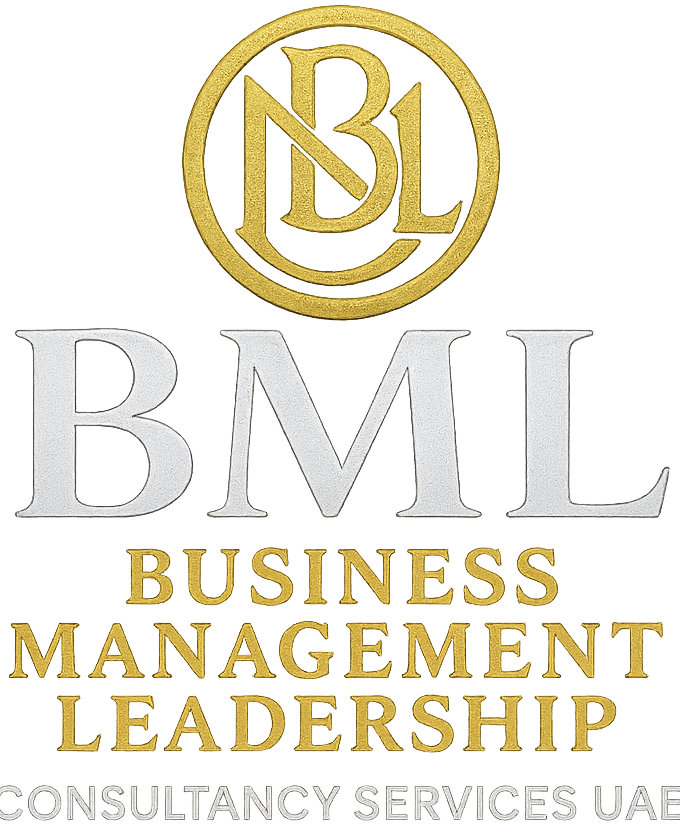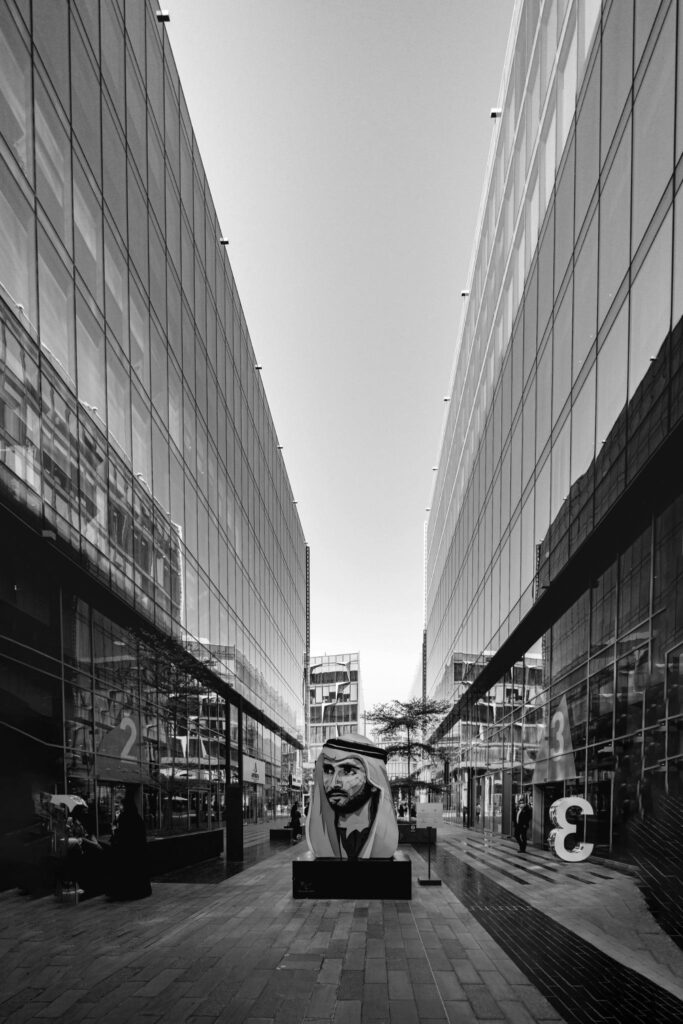Dubai has established itself as one of the most dynamic business hubs in the world. Positioned at the crossroads of Europe, Asia, and Africa, it offers international and francophone companies a unique platform to expand beyond their domestic markets. But using the UAE as a strategic hub requires more than opening an office: it demands a well-designed business model, aligned with regional growth strategies and supported by strong governance and operational execution.
- Why Dubai as a regional hub?
– Geographical advantage: a four-hour flight radius covering Africa, Asia, and Europe.
– Infrastructure: world-class ports, airports, and digital connectivity.
– Business environment: attractive tax regime, political stability, and ease of doing business.
– Regional credibility: Dubai is viewed as a safe entry point for multinational expansion.
👉 For francophone companies, the UAE is not just a destination market – it is a springboard to wider regional growth.
- Strategic models for expansion
– Regional headquarters: centralizing finance, compliance, and operations in Dubai.
– Trading hub: leveraging Dubai’s logistics infrastructure for import-export.
– Innovation hub: using Dubai’s Freezones and government programs to develop fintech, AI, or sustainability initiatives.
– Investor gateway: attracting regional investors who require UAE-based structures for credibility.
- Key challenges for international companies
– Misalignment between UAE entity and group strategy: setting up without a clear role for the entity leads to inefficiency.
– Lack of cultural and regulatory adaptation: failing to bridge European governance with Middle Eastern business practices.
– Underestimating competition: Dubai is attractive, but it is also highly competitive.
– Overreliance on incorporation agents: without strategic advisory, companies risk being locked in unsuitable structures.
- Opportunities through strategic alignment
– Access to growth markets: Sub-Saharan Africa, South Asia, and the Gulf Cooperation Council (GCC).
– Enhanced credibility: being based in Dubai increases trust with regional partners.
– Cost efficiency: consolidating regional functions in one hub reduces duplication.
– Talent access: Dubai attracts top-tier international and francophone professionals.
- The role of a strategic advisory partner
Turning Dubai into a true regional hub requires more than incorporation. Companies need:
– Strategic roadmap: aligning Dubai entity with global and regional objectives.
– Market intelligence: identifying the right sectors, partners, and jurisdictions.
– Cross-border structuring: balancing Mainland, Freezone, and offshore models.
– Operational execution: managing compliance, banking, HR, and partnerships.
👉 A francophone advisory firm provides the expertise to transform Dubai into a growth accelerator rather than a simple administrative base.
Dubai is more than a business destination: it is a platform for regional leadership. Francophone companies that design a clear strategy, supported by strong governance and tailored structures, can leverage the UAE to expand successfully into Africa, Asia, and the Middle East.
👉 Strategy is not about choosing Dubai – it is about using Dubai wisely as part of a global growth plan.

